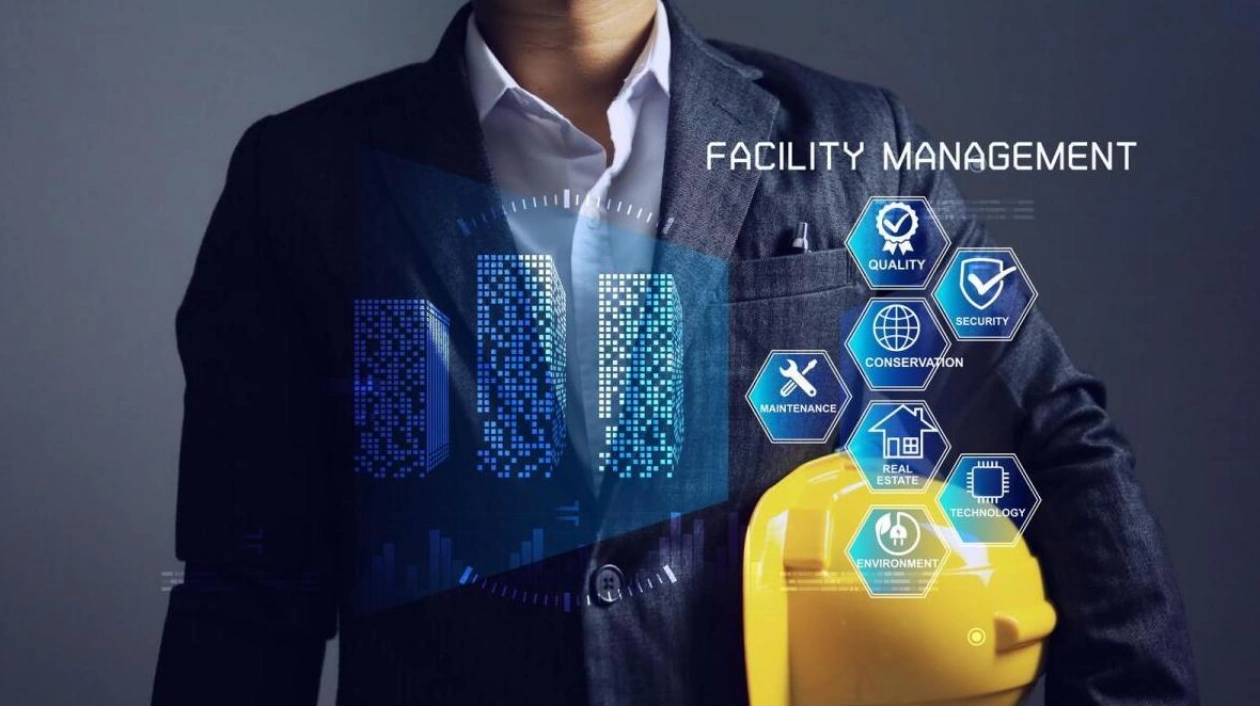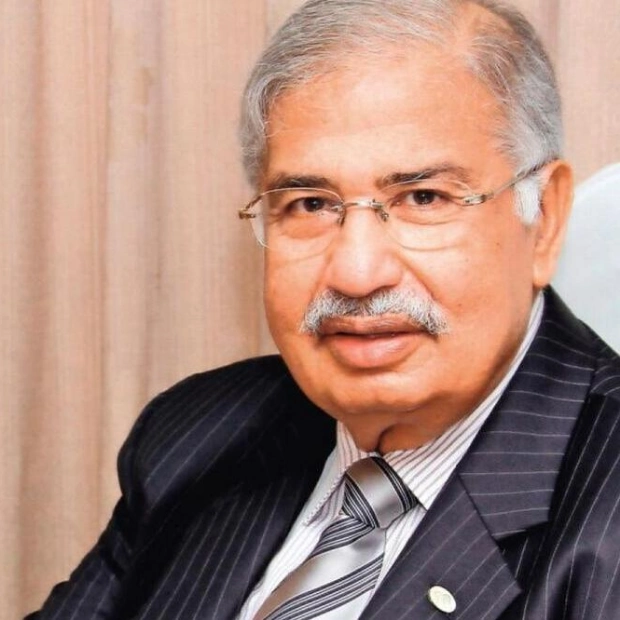Have you ever considered how businesses maintain the smooth and efficient operation of their facilities? The crucial role of facility management holds the answer, ensuring that buildings and infrastructure remain well-maintained and perform at their optimum level. Facility management entails supervising the maintenance, security, and overall operations of a building or facility, encompassing a broad scope of responsibilities, from managing utilities and coordinating maintenance schedules to ensuring compliance with safety regulations.
Facility management, also known as facilities management (FM), is a profession dedicated to enhancing the functionality, comfort, safety, sustainability, and efficiency of the buildings and surrounding infrastructure that we interact with in our daily lives. This field integrates people, place, and process within the built environment to elevate the quality of life and enhance business productivity, as defined by ISO and adopted by IFMA. Its diverse responsibilities support the seamless operation of each organization, extending its application across various sectors and types of buildings, such as office buildings, manufacturing plants, industrial facilities, laboratories, retail spaces, healthcare facilities, educational facilities, and more.
Effective facility management plays a vital role in the success of any business. By implementing efficient facility management practices, organizations can elevate productivity, reduce operational costs, and cultivate a safe and comfortable environment for both employees and customers.
The UAE Facility Management Industry exhibits significant potential for growth, segmented by services, type, and end-users. Reports by Mordor Intelligence project substantial growth in the UAE Facility Management Market, attributed to the expansion of tourist-oriented infrastructure and stringent regulatory standards pertaining to safety, cleanliness, and hygiene. Notably, the growth in the country's tourism sector and increased investments in construction are anticipated to contribute significantly to the FM market.
The facility management sector has witnessed maturation across various cities in the UAE, bolstered by robust infrastructure development projects geared towards economic advancement. The concentration of facility management service providers in specific regions has notably impacted the financial performance of companies within the sector. Dubai, positioned strategically between Europe and Asia, has emerged as a hub for commercial development, driven by initiatives to enhance its technology and infrastructure, thereby fostering a surge in demand for facility management services.
The commercial and retail sector stands as a substantial contributor to the facility management industry in the UAE, driven by rapid infrastructure development and escalating demands from hotels, retail outlets, malls, and office buildings. Notably, Dubai holds the principal share of development projects within the UAE's commercial sector, further fueled by increased government investments, thus positively influencing the demand for facility management services. The post-pandemic resurgence of tourism is expected to fortify the hotel industry, consequently escalating the requirement for facility management services.
The expansion of the real estate sector and the development of smart cities significantly drive the demand for facility management services, buoyed by the growing trend of automated building management solutions and the adoption of technological advancements in facility management. These include the integration of computer-aided facility management (CAFM) and building information modeling (BIM) software, alongside the application of Integrated Workplace Management Systems (IWMS) for real estate portfolio management. These advanced technologies enhance operational efficiencies, support real-time asset management, and align the industry with global economic and environmental goals.
The rising emphasis on green building practices has given rise to enhanced opportunities in the facility management sector, as green buildings necessitate efficient management of air quality, energy consumption, water usage, and waste management. Sustainability and energy efficiency become focal points in facilities management, aligning with the UAE's vision for a greener future and supporting national objectives such as the UAE Green Agenda 2030.
Technological innovations, including AI, machine learning, robotics, drones, and cybersecurity, are pivotal in engendering operational efficiency, enhancing safety, and enabling the industry to make informed, data-driven decisions. The integration of these advanced technologies in facility management contributes to predict equipment failures, optimize resource use, and improve overall energy efficiency.






